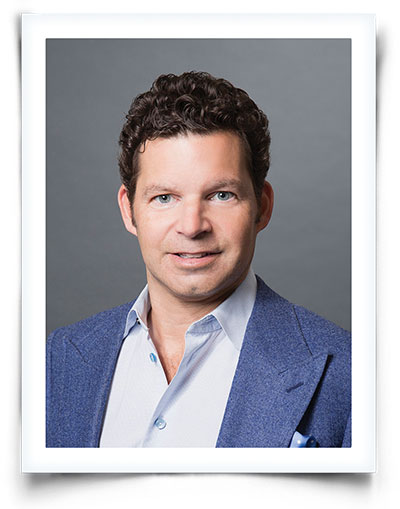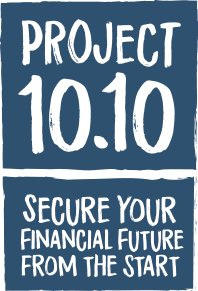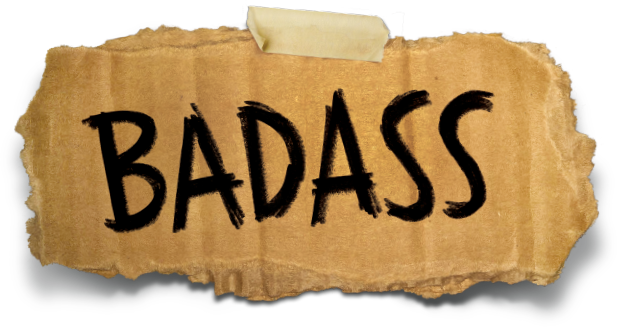G$
 George “G$” Kroustalis is a financial badass who has been managing money and helping clients secure their futures since 1997. He is a senior vice president and financial advisor at CAPTRUST, where he provides comprehensive wealth investment advisory services to high net worth families, private foundations, corporate executives, and business owners. He is also the founder of Project 10.10, a 501(c)3 nonprofit that provides young people with access to basic financial education. George attended college at the University of North Carolina at Charlotte, where he received his Bachelor of Science in business administration and a degree in finance and international business. When he’s not working or educating a new generation of financial badasses, George enjoys traveling, attending concerts, and playing golf. He is a lover of both delicious food and wine.
George “G$” Kroustalis is a financial badass who has been managing money and helping clients secure their futures since 1997. He is a senior vice president and financial advisor at CAPTRUST, where he provides comprehensive wealth investment advisory services to high net worth families, private foundations, corporate executives, and business owners. He is also the founder of Project 10.10, a 501(c)3 nonprofit that provides young people with access to basic financial education. George attended college at the University of North Carolina at Charlotte, where he received his Bachelor of Science in business administration and a degree in finance and international business. When he’s not working or educating a new generation of financial badasses, George enjoys traveling, attending concerts, and playing golf. He is a lover of both delicious food and wine.
 Project 10.10’s mission is to provide young people access to basic financial education, including personal budgeting, saving, and investing, and to promote financial literacy at the community level. A 501(c)3 organization, Project 10.10 strives to create an inclusive network designed to promote retirement readiness and support its educational programs.
Project 10.10’s mission is to provide young people access to basic financial education, including personal budgeting, saving, and investing, and to promote financial literacy at the community level. A 501(c)3 organization, Project 10.10 strives to create an inclusive network designed to promote retirement readiness and support its educational programs.
Ask Me Anything: A Lightning Round with George Kroustalis
Financial literacy can be overwhelming. How does Financial Badass take the stress out of learning these critical skills?
Financial anything can be overwhelming. The word alone makes people cringe, and I want to change that by making financial literacy more accessible and prove that this stuff isn’t as complicated as people think. Financial Badass uses a simple formula that’s worked well over time by focusing on what you can do with money rather than bogging you down with theory: save, spend, and invest. It’s that simple.
What was the inspiration behind writing Financial Badass?
Initially, I wanted to teach non-investors/young people how to invest and educate them about saving and making their money work smarter for them by investing in the stock market. But over time, I began to realize how widespread financial illiteracy is among our youth and decided I wanted to include the other part of the balance sheet—the debt side. No matter how much someone makes, it comes down to how much can you save and how much are you spending. I’ve seen this my entire career, whether someone is making $40k a year or $400k a year.
What are you hoping young adults will get from your book?
That it’s not that hard to be successful at this and you can do it! You don’t need to major in economics and to read financial magazines in your spare time to get comfortable with money. You just need to build a few good habits and prioritize savings. Successful investing begins with ambition—achievement only happens when you reach for it, and this book will give you the tools you need to succeed.
Many refer to millennials as the “entitled” generation. Do you agree with this assessment?
No, I don’t think they are entitled. Every generation faces certain cultural realities that are out of their control but influence their behaviors and legacy. For the baby boomers, it was Vietnam and the Civil Rights movement. For the millennials, the defining force is technology and how it’s enabled everything to be delivered with the touch of a button. They’re not entitled—they’re living at a different speed.
We always hear that it’s “never too early to start saving for retirement.” In an economy where cost of living can be astronomically expensive, is this still the truth?
Absolutely! The earlier you start to save the better, because the more years you have in front of you, the LESS you need to save month to month. A person with an income in their early 20’s is WILDLY powerful, and yet, very few twenty-somethings know this: they have the most control over how big their retirement nest egg will be later in life. Getting into those habits when you get your first paycheck is much easier than trying to retrain yourself later in life when you have other financial commitments (a house, family, etc.).
What is your benchmark for achieving financial badassery? What’s your measure for “making it”?
Being “rich” or financially successful means doing what you want with your money, today, in a few years, and after you retire. It’s saving for those “what if’s”—a spur-of-the-moment vacation, an unexpected car repair, tickets to a playoff game, a career change—and being prepared for those inevitabilities. It’s also having the means to take care of yourself and to invest in your physical, mental, and spiritual health—that balance is essential to being a badass. The last piece is attitude: you have to be positive and resolved in your financial decisions. You can’t predict everything life will throw at you, but you can make a plan of positive action that keeps your financial future secure.


